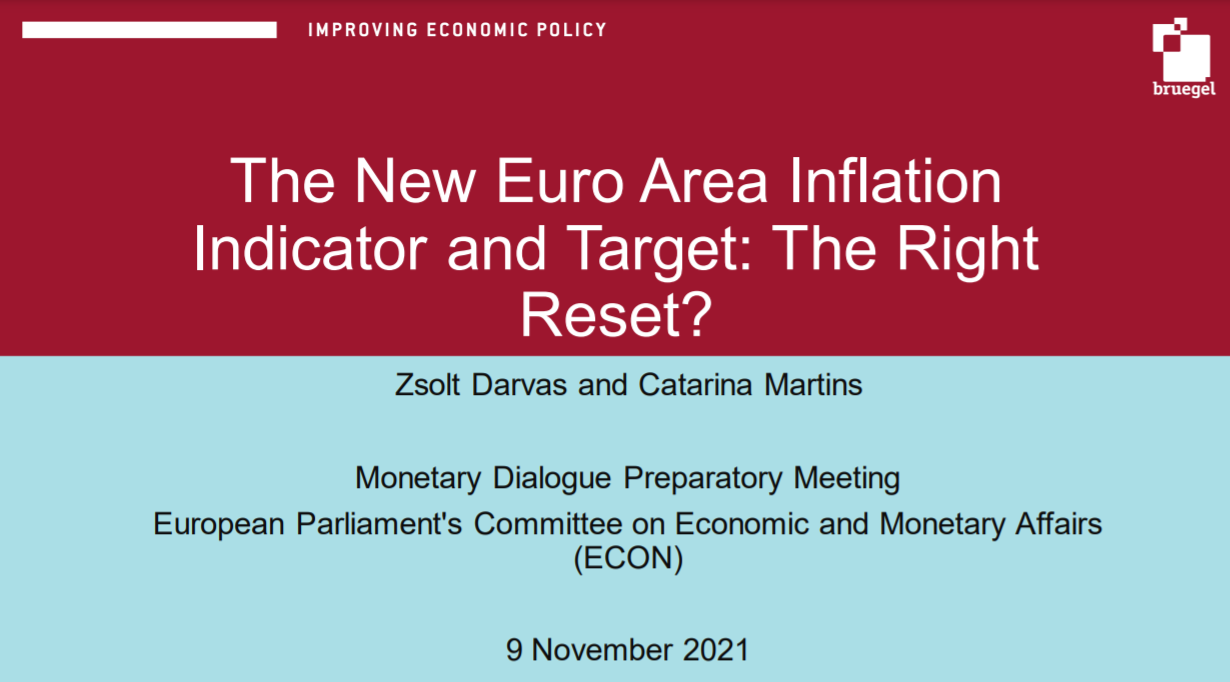Opinion
Eurozone QE and bank profitability: Why it is too early to taper
In the eyes of the critics, the quantitative easing programs have been of little help to growth and inflation and have instead been an attack on savers, undermining the profitability of banks and insurances. Do these arguments stand scrutiny?
The quantitative easing (QE) programs that started in the second quarter of 2015 remain controversial, especially in Germany. The total sums involved amount to just over 9% of euro-area GDP.
But in the eyes of the critics, the programs have been of little help to growth and inflation and have instead been an attack on savers, undermining the profitability of banks and insurances. Do these arguments stand scrutiny?
There is a fairly broad but cautious agreement that QE has stimulated demand. The causality is hard to prove, but since the launch of QE growth has picked up in both of its main aspects: investment and consumption. Studies document the positive impact on asset prices and a reduction in long term borrowing costs.
The bigger question is when we should begin to exit the programme. Some argue that the time is now. For example, the German Council of Economic Advisors agree that QE has managed to stimulate demand, but feel that the “exceptionally loose monetary policy by the European Central Bank is no longer appropriate.”
Critics of QE worry that ECB-chief Draghi is stoking dangerous inflation and punishing savers. But there are no signs of that happening soon. Core inflation (excluding volatile energy prices) is currently at 0.8%. Furthermore, market forecasts predict below-target inflation for some time to come. A recent survey of prominent economists by the CEPR showed that the majority disagree with calls to rapidly end QE. So, if inflation and aggregate demand are still far from where they ought to be, there is little need to taper QE on that account.
Another line of complaint against QE is that it squeezes the profitability of banks. This is a valid concern, because weak profitability encourages banks to tighten the supply of credit to the real economy. Improving access to credit was the very purpose of the ECB’s QE programme, so it would be counterproductive to carry on if the programme is hurting bank profits.
Banks themselves are pessimistic about the ECB’s policies. In the ECB’s bank lending survey, banks acknowledge that QE has helped raise asset prices and thus support their balance sheets. But at the same time, they claim that the fall in long-term yields has reduced their ability to make profits in the future. Their overall assessment is negative.
We took a closer look at the actual data on bank profits and found two main trends. First, banks’ net interest income has actually been very stable since 2010, a period with both very low interest rates and unconventional monetary policy actions like QE. Banks’ ability to generate stable operating profits has therefore not yet been affected by lower yields.
Second, actual bank profits have been much more volatile, and even negative at times, over the same period. This is the direct result of non-performing loans that pre-date the QE programme. And indeed, overall profitability is improving for many banks as they manage to resolve their bad debts. And we should not forget that QE improves the general economic outlook, and so also helps banks generate profits.
It is also fair to note that there are important differences between eurozone countries. Banks in countries with persistent issues around bad loans are not able to create credit and generate profits. We also found that bank profitability in Germany has been low for many years now compared to European partners – pointing to specific German issues distinct from QE.
Finally, this is a debate in flux and vigilance is important. We have not found a major impact on average bank profitability so far. However, the interest margin on new lending has recently been falling. This may eventually lower overall interest income and could possibly dent banks’ profitability. Aiming to compensate for that, some banks have already been able to increase fees.
It is true that lower yields could put banks under pressure to move towards other, possibly more fee-based, models. But so far QE has had a neutral overall effect on bank profitability. It is non-performing loans and legal risks that still remain the biggest threat to banks, and this is where banks and policymakers should concentrate their energies.
Erratum: the size of the QE program in relation to GDP quoted at the start of the blog was wrongly calculated and is now corrected.
Republishing and referencing
Bruegel considers itself a public good and takes no institutional standpoint.
Due to copyright agreements we ask that you kindly email request to republish opinions that have appeared in print to [email protected].














